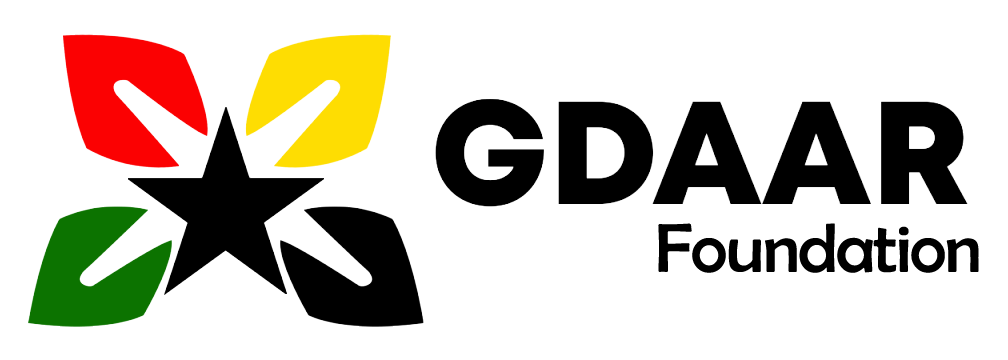Explore the historical impact of the transatlantic slave trade on diasporans in Ghana. Learn how GDAAR Foundation supports their journey of rediscovery, healing, and advocacy for a more equitable future.
The journey “Beyond the Return” for many African Americans and members of the global diaspora is one of profound significance, a quest to reconnect with a homeland stolen centuries ago. Understanding the historical context of the transatlantic slave trade is essential for diasporans in Ghana today. It’s not just about acknowledging the past; it’s about understanding how its legacy shapes the present and informs the future.
The Unbreakable Thread: Connecting the Diaspora to Ghana’s Past
The transatlantic slave trade was a brutal chapter in human history, spanning over four centuries. Millions of Africans were forcibly uprooted from their homes, transported across the Atlantic in horrific conditions, and subjected to a life of enslavement. The impact on the African continent, and particularly on the lives of those who were dispersed, is immeasurable.
For diasporans in Ghana, this history is not just a distant narrative; it’s woven into their very being. It’s the reason for their displacement, the root of their ancestral search, and a key to understanding their identity in the present day.
The Legacy of the Slave Trade: Echoes in the Present
The effects of the slave trade are still felt today, both in Ghana and across the diaspora:
- Cultural Disruption: The forced removal of millions disrupted cultural practices, languages, and family structures, leaving a void that many diasporans in Ghana seek to fill by reconnecting with their heritage.
- Economic Exploitation: The slave trade fueled the economic growth of European powers while devastating African economies. This legacy of exploitation continues to impact development and inequality today.
- Psychological Trauma: The trauma of enslavement, passed down through generations, manifests in various ways, including a sense of displacement, identity struggles, and mistrust.
- Stereotypes and Misrepresentation: The dehumanization of Africans during the slave trade fueled racist ideologies and stereotypes that continue to affect how Africa and its diaspora are perceived.
Diasporans in Ghana: Reclaiming the Narrative
Diasporans in Ghana are actively working to reclaim their narrative, challenge stereotypes, and heal the wounds of the past. They are:
- Seeking Knowledge: Learning about their ancestral history, tracing their roots, and engaging with Ghanaian culture and traditions.
- Building Bridges: Connecting with local communities, fostering understanding, and collaborating on initiatives that promote healing and reconciliation.
- Sharing Stories: Using their voices and platforms to tell their stories, challenge narratives, and educate others about the impact of the slave trade.
- Advocating for Change: Working to address the ongoing legacies of the slave trade, such as inequality, discrimination, and the need for reparations.
GDAAR Foundation: Supporting the Journey of Rediscovery
GDAAR Foundation understands the importance of historical awareness for diasporans in Ghana. We offer resources and support to help you:
- Explore your ancestry: Connect with your roots through genealogy research and cultural immersion programs.
- Engage with the community: Build relationships with local Ghanaians and participate in initiatives that promote understanding and reconciliation.
- Advocate for change: Join our advocacy efforts to address the ongoing legacies of the slave trade and create a more equitable future.
Join GDAAR Foundation and be part of the movement to reclaim our history, build bridges of understanding, and create a brighter future for Ghana and its diaspora.
By Joseph Bekoe



